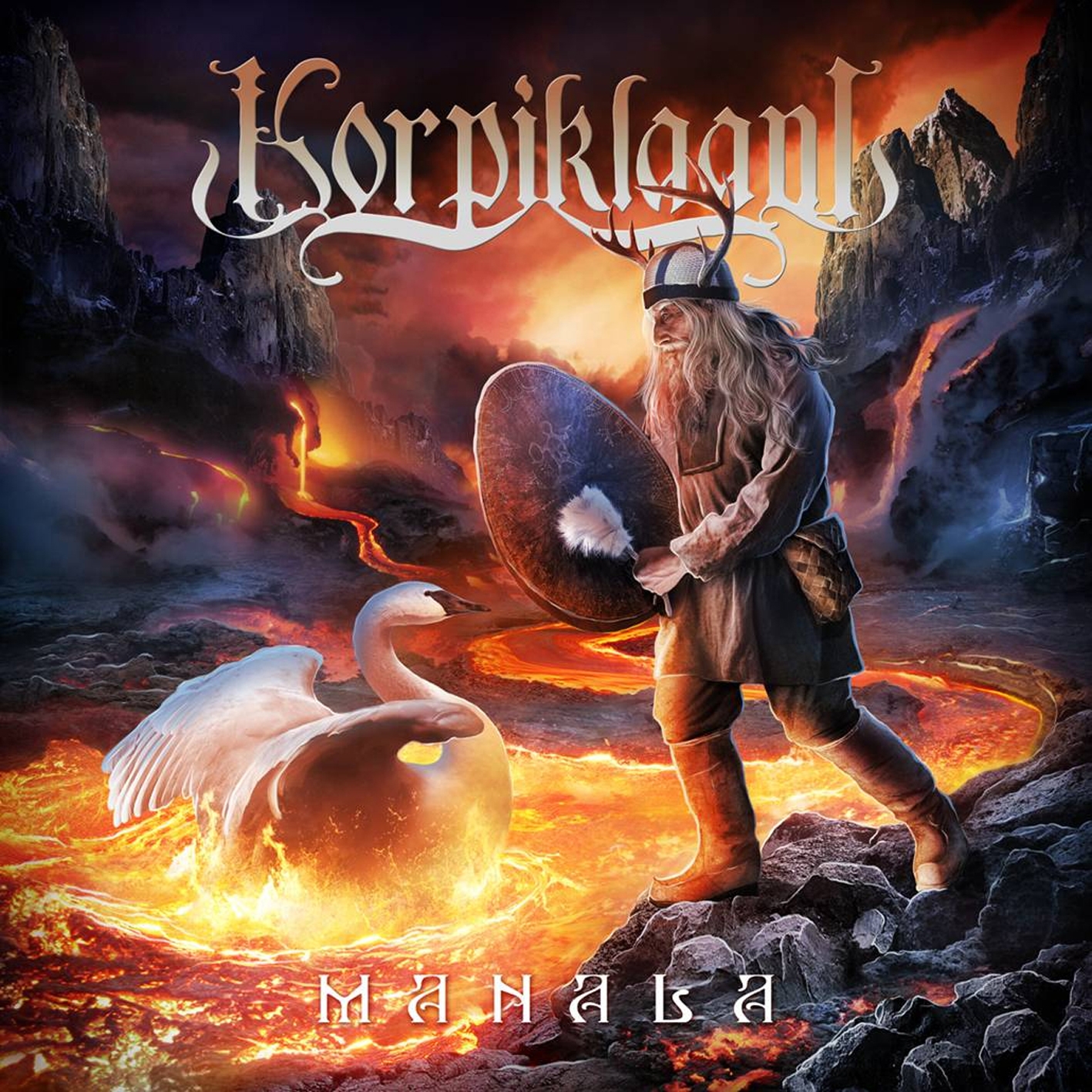
Album Review: Korpiklaani - Manala
Among the dozens of factors that can impact the effect music has on us, geography cannot be ignored. Whether its the pull of a hometown act, or the joy in discovering music you love that comes from a world away, it does matter where the music we listen to comes from. Often, the music is indistinguishable enough that its a trivial factor that gets lost amid the more important details, but there are times when the origin of the music is intrinsic to not only how we hear it, but to what it is at all. Some music can only come from certain places, and some places are known for producing music of a certain variety. Much like champagne can only come from one region in France, folk metal overwhelmingly calls Finland its home.
Korpiklaani is unlike almost any metal band in that they started life as something else entirely. Folk music isn't just an accessory for them, a guilding meant to give the music an identity strategically picked to sell records. Korpiklaani's folk music comes from the heart, it is the core of their sound. The metal guitars and attitude are the costume for them, a sound they use to enhance the power of their music, but something that is unnecessary for the music to work.
“Kunnia” surges along with galloping riffs and a throaty sing-along, the kind of rollicking good time brought to life in old-timey drinking songs. It's a straight-forward song, but one that is effective at setting the stage for the more adventurous moments still to come. “Tuonelan Tuvilla” introduces the folk elements, blending them into the backdrop of the song in a way that shows the deft touch of a folk songwriter, integrating them into the soundscape seamlessly enough they exist without ever drawing attention to themselves. There are no garish neon signs pointing them out, screaming how original they are. Korpiklaani is far more accomplished than to fall into that trap.
“Ruumiinmultaa” extends the range of influences yet further, subtly integrating Indian music within the backdrop, before the more accustomed strings come in. The song covers a wide range of sounds in its compact, under four minute running time, and is a wonderful encapsulation of what diversity can do for music. Korpiklaani doesn't fall victim to stagnation, churning out track after track of music cut from the same cloth, played in incrementally different tempos to try to appear unique. The heavier folk influence of “Rauta” is entirely separate from the metal attack of “Petoeläimen Kuola”, back-to-back songs that prove a band's identity exists beyond rigid amp settings that must never be altered.
These songs are written in Finnish, but the language barrier does not make the music impenetrable. If anything, it allows the music and melody to stand taller, letting the listener take in the nuances often in the background. Adding another layer to listen to may limit the amount of information we can take in, leaving the songs too subtle to be ingested before patience wears thin.
The problem I have with “Manala” is not of its own doing. Sharing no heritage or experience with the roots of this music, as well executed as it is, the impact it can have on me has a lower threshold. Korpiklaani has produced a solid album with all the rousing choruses and good time merriment you would expect, none of which I would try to denigrate. It's just that this music is restricted by its very nature, unable to cross as many geographical and cultural boundaries as many other styles can. But that's not an issue that affects how “Manala” should be viewed. It is undeniably a good album, something Korpiklaani should be proud of.

